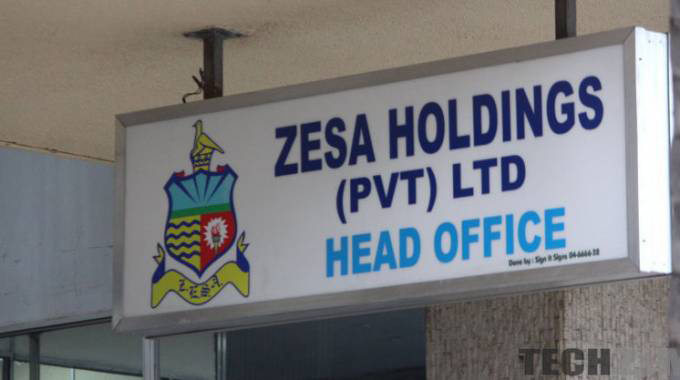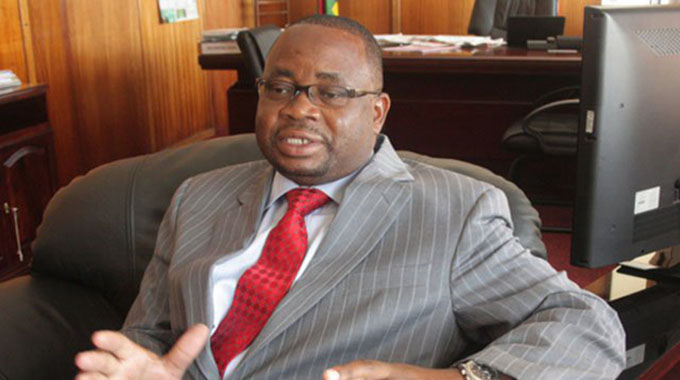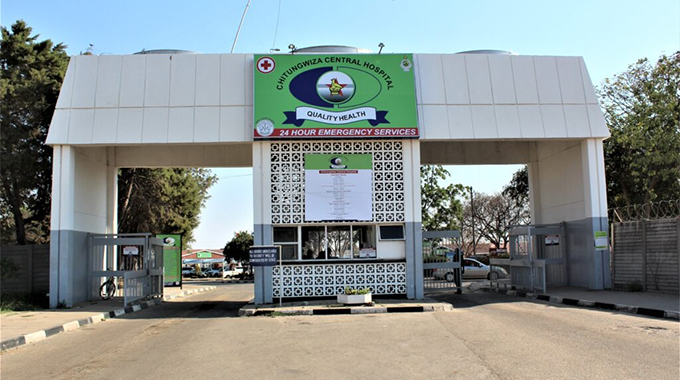Zesa to continue billing exporters in forex

Zvamaida Murwira-Senior Reporter
Zesa has been given the green light to continue billing exporters and partial exporters in foreign currency so it can generate the currency it needs to pay for electricity imports, spare parts and critical equipment, plus service foreign loans and pay foreign insurance premiums.
The green light by President Mnangagwa followed an initial six-month window extended to Zesa by the Reserve Bank of Zimbabwe.
This concession expired at the end of last year.
This comes as the Second Republic led by President Mnangagwa steps up efforts to end current power challenges and build capacity to power continued economic expansion through the adoption of a cocktail of measures which mainly hinge on increasing local power generation.
Zimbabwe is presently facing short-term acute power shortages which have seen consumers going for long hours, outside the normal load-shedding periods, without electricity so that the productive sectors can continue to receive most of what they need.
The shortages caused by rapid mining and industrial growth have been worsened by frequent breakdowns at Hwange Thermal Station, whose six old generation units were commissioned in the 1980s, has been compounded by exhaustion of the last flood water inflows into Lake Kariba, forcing the Zimbabwean and Zambian power stations to rely solely on the daily inflows of the Zambezi River, which have only just started moving up from the annual lows.
Kariba South normally provides the bulk of Zimbabwe’s electricity although Hwange will be overtaking it from this year as two new units are commissioned and work starts on rebuilding and rehabilitating the six older units.
The extension of the forex payment regime by exporters is contained in a Statutory Instrument gazetted recently in terms of the Exchange Control Act.
The order extends the previous order for six months, from the day the old order expired, which was the end of last year. Exporters are defined as businesses that, on average every quarter, export 80 percent or more of their total output in goods and services produced in Zimbabwe and sold for foreign currency. Partial exporters refer to those companies that fall below the 80 percent mark, but still receive payments in foreign currencies.
Industrialists and economy analysts welcomed the policy extension saying it helped ensure constantly supply of electricity that will held the country achieve its national goals. Others felt that the policy should not just be targeted for exporters alone but all those that generate foreign currency in their business.
Intensive Energy Users Group committee member Mr Caleb Dengu welcomed the decision. “I sit on the Board of IEUG and we have been advocating the payment of power in US dollars on condition energy payments are exempt from exchange control. We are excited that they have finally seen the light,” said Mr Dengu.
IEUG members, mainly large mines, require more than 500 megawatts to run their operations with minimum disruptions.
Reserve Bank of Zimbabwe Monetary policy committee member and economic analyst Mr Percy Gwanyanya said billing exporters in foreign currency was the only way to guarantee availability of power for economic development.
“There are two options. Either you have the electricity or you do not. If you want to have electricity you then need to do that but there is need to extend the bracket to include domestic exporters, those that generate foreign exchange without necessarily exporting but collect payment for goods and services in foreign currency,” said Mr Gwanyanya
“We are dealing with a challenge here. Anyone who is generating foreign currency should pay and a waiver should be given to ordinary persons.”
Confederation of Zimbabwe Industries president Mr Kurai Matsheza expressed reservations on the extension saying there was need for a holistic approach to end the electricity challenges.
“There is also need to bill anyone who generate foreign currency. To target a certain group of the economy is not fair. We need foreign currency to do a lot of things like importing capital equipment,” said Mr Matsheza.









Comments